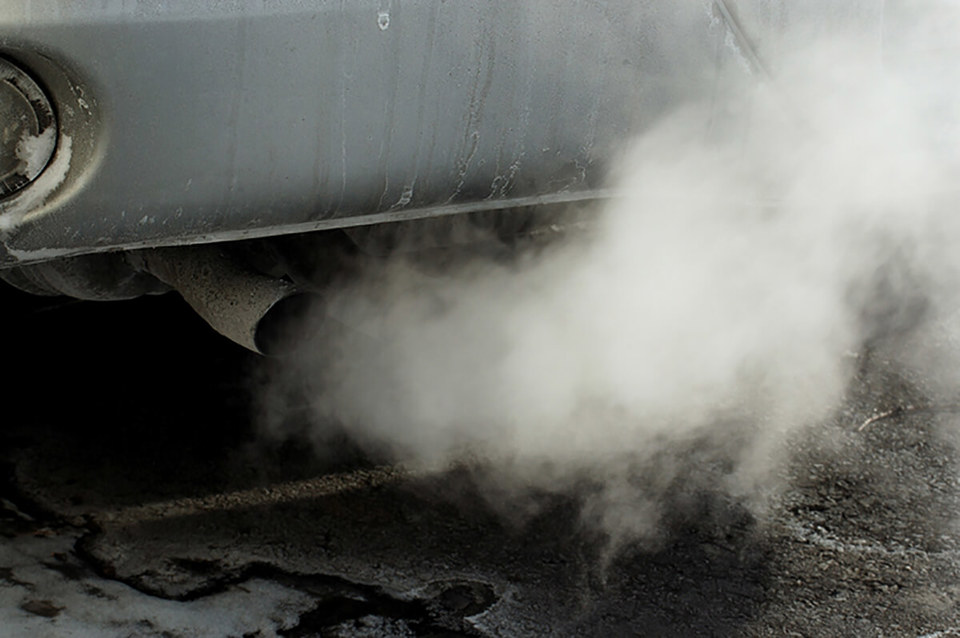More cities could be forced to restrict the movement of the most polluting vehicles in new air quality plans being redrafted by the Government.
The Department for Environment, Food and Rural Affairs (Defra) was ordered to rethink its approach for the second time in 18 months last month (November) – after the High Court deemed its emissions modelling ‘too optimistic’.
The ruling followed a legal challenge by the environmental law firm Client Earth which claimed Defra had taken ‘minimum’ steps in order to comply with the EU directive on nitrogen dioxide emissions (NOx).
The judge, Justice Garnham, suggested it was “remarkable” that the Government had based its revised plan around emissions modelling which did not take into account emerging data for real-world testing of Euro 6 vehicles.
A Cabinet briefing document dated October 2015 shows that the Government was aware of the research into Euro 6 emissions before the plan was published but, instead, chose to base its assumptions around what was fast becoming out-dated data.
Garnham said if Defra had built its 2020 emissions forecast on “higher, more realistic, assumptions”, then the number of clean air zones it would have needed to set up would have increased “substantially”.
Defra’s original air quality plan mandated clean air zones for five cities outside of London – Birmingham, Derby, Leeds, Nottingham and Southampton. Proposals for an ultra-low emission zone in London are decided by the mayor’s office and the Greater London Authority (GLA).
The Government’s plan gave councils powers to introduce charges for HGVs, buses and taxis where there is a clearly defined problem. Leeds and Birmingham’s clean air zones also included charges for vans.
Catriona Henderson, deputy head of the Government’s joint air quality unit, said they were “considering all the options”.
But, she told delegates at the recent Fleet Hero Conference, organised by the Energy Saving Trust, that there was “a good chance that the new air quality plan will involve clean air zones for more cities”.
Defra has until April 24, 2017, in which to produce a draft Air Quality Plan, which will then go out for consultation. It must be adopted by July 31, 2017.






















Steve Brown - 12/04/2017 15:41
Client Earth have managed to force Defra to take a shotgun to a problem that needed a well-aimed sniper rifle! It is hard to see how the clean air zone proposals will work as they look set to blight entire areas from any form of inward investment and force some existing businesses to consider relocation. Not every business is blessed with the profit margins to renew their fleet after just a couple of years!